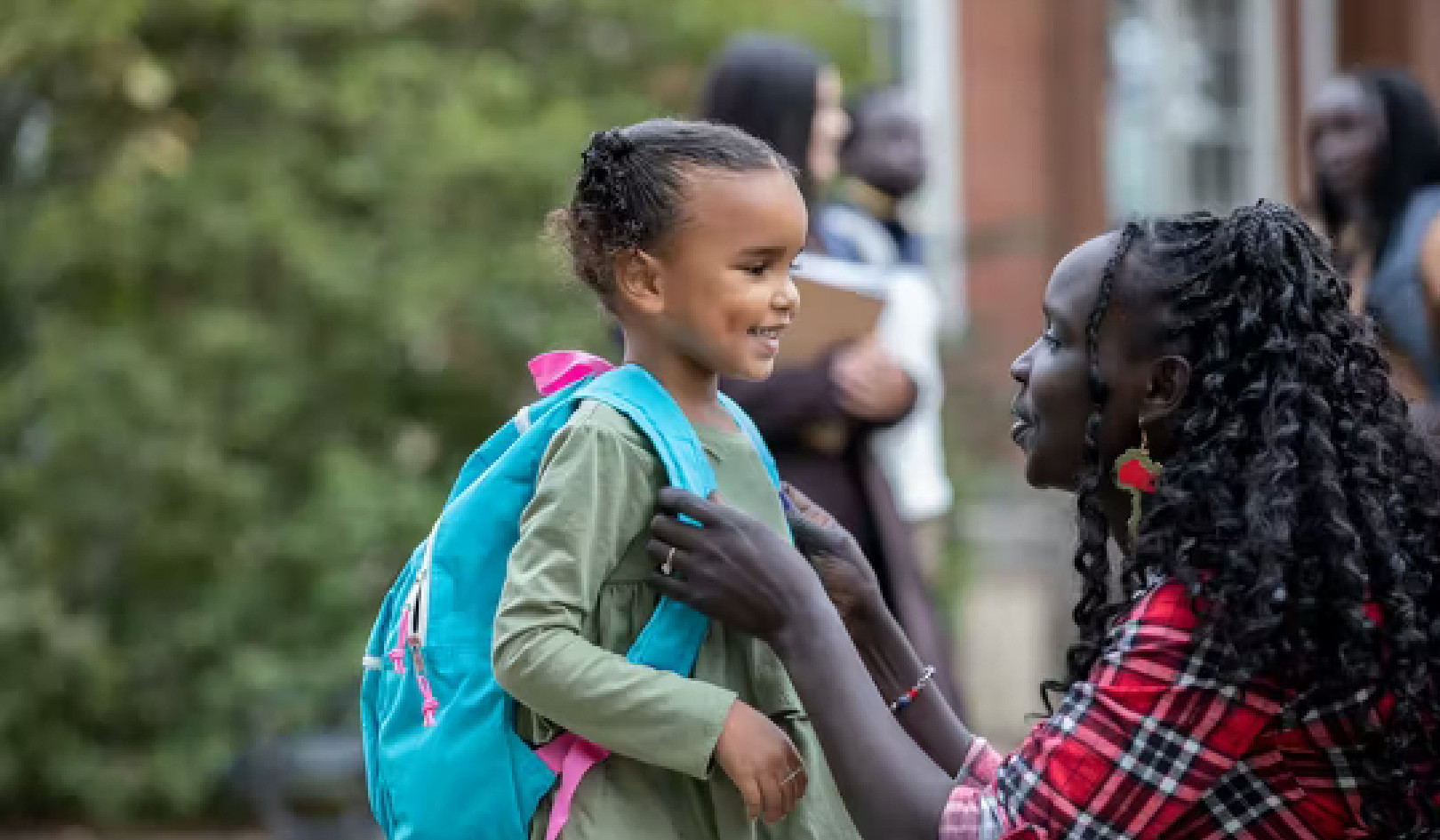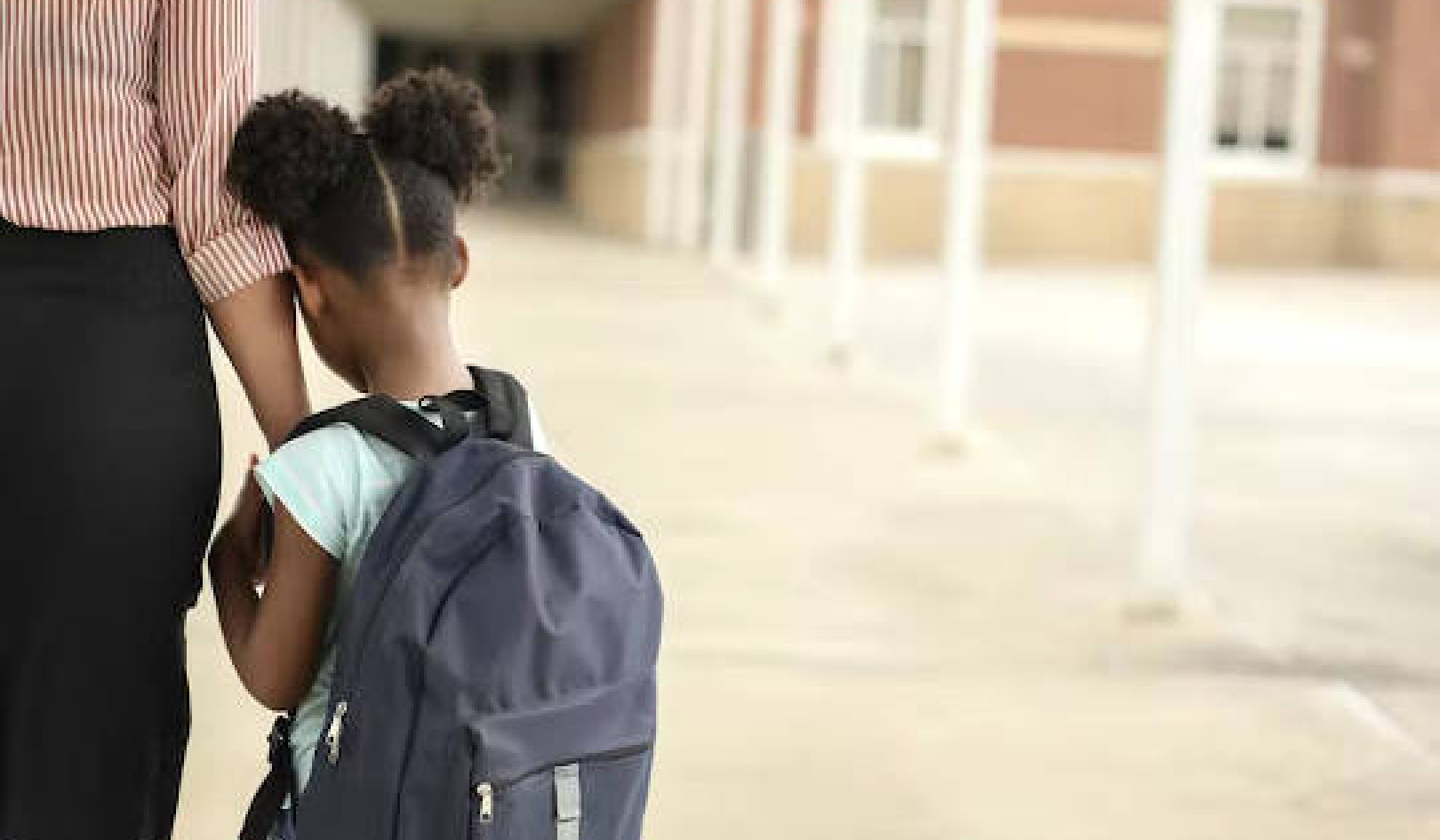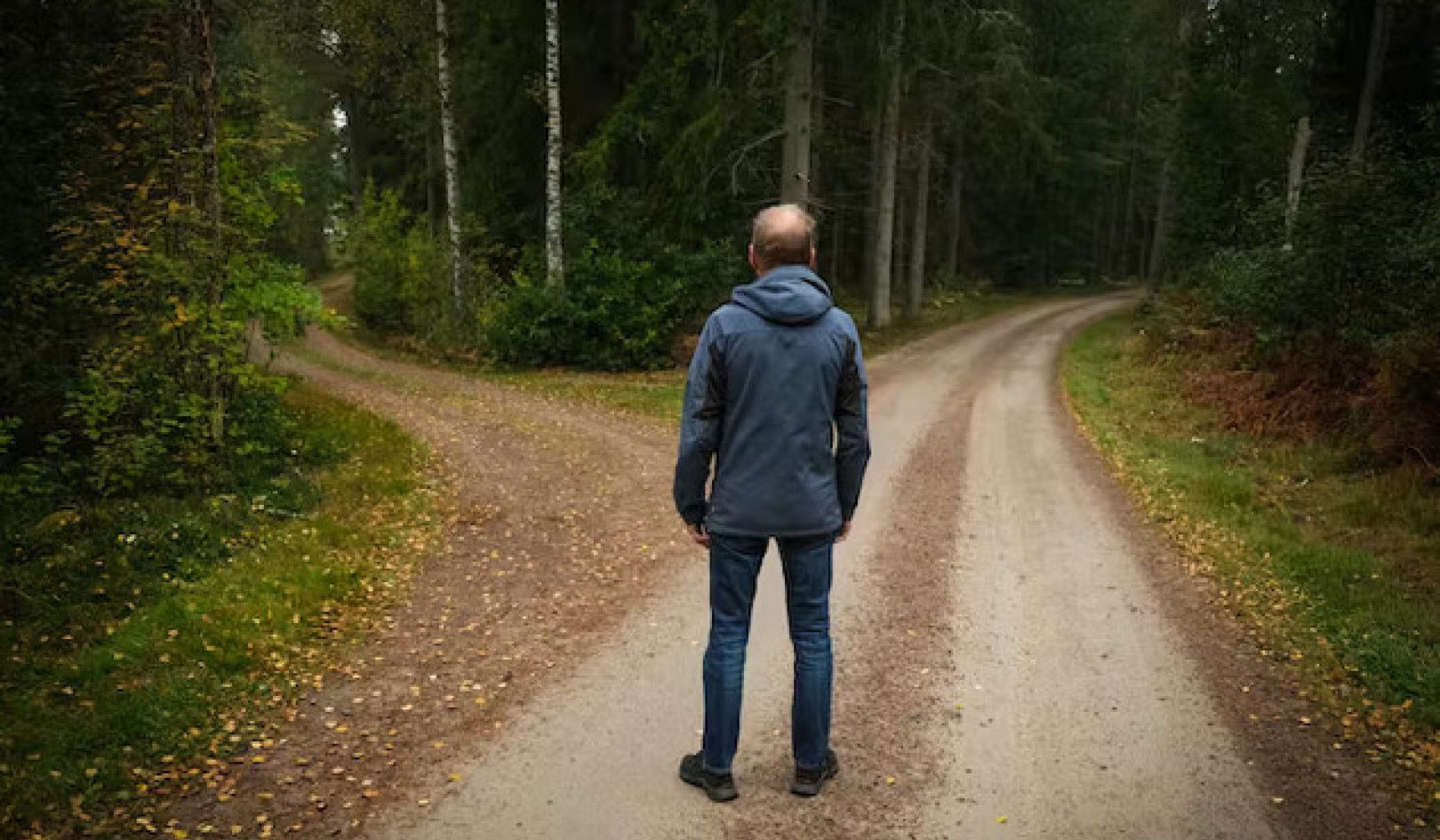
The family is a school of compassion because it is here
that we learn to live with other people. — KAREN ARMSTRONG
If we don’t see ourselves as worthwhile contributors to society and we don’t approach our aging with dignity and respect for ourselves, how can we expect them to see us that way? As we age, our families become helpful and supportive, or neglectful and critical — they either value us or they don’t. How they treat us is often a reflection of how we see ourselves.
I’m thinking about how important our families are to us. How much we rely on each other for guidance, support, and security. How, as we age, our children are aging with us. At this stage, it may feel right and good to step down as family leader and decision maker.
Imagine life as a series of circles, growing wider and wider, spinning us to the outer edge, where eventually life feels satisfying and you pass the baton to the next generation. The holidays are a time when you may sense that movement toward the circumference, where we are still part of the family circle but are no longer in the center.
Take Thanksgiving, for example. I envision a day in the not-too-distant future when my house will no longer be the destination for everyone. There’s a part of me that resists that inevitability and a part of me that is more than willing to give up the job of basting the turkey all day.
We’ve spent the best years of our lives multitasking the complicated managerial duties that family life requires to a point that they have become second nature to us. How can we possibly let them go? Sooner or later, we must do so, and the goal is to do so as gracefully as possible.
Imagine you are at the circumference. What would a holiday or other family gathering look like from that new perspective?
Caregiving Our Parents
In the past year, I lost my mother to cancer and helped my father move to a retirement home. . . . I learned that I can manage more than I thought I could! — SALLY, AGE 55
Thanks to modern medicine, the older population continues to grow, and women, who have become the default caregivers of our society, could end up caring for their parents for many years of their lives. While caring for an elderly parent, we can learn many coping skills from them.
If you see caregiving a parent as a burden, it will become one. On the other hand, if you see it as a learning experience and a challenge, you will feel rewarded and proud of yourself each time you resolve a conflict or a problem.
If someone has made it to eighty or ninety years old, they’ve done something right, and you might learn something valuable from them. Sit down for an hour, reminisce about old times, or page through an old photo album together.
Now It’s Time For You
Make a list of actions you could take that would nourish your body, mind, and spirit. Write one action on your calendar every day, and do it. Listen to music, sit in a chapel, or take a walk. Gather information on diet, exercise, and stress reduction. Confide in someone like a nonjudgmental sibling, therapist, close friend, or neighbor. Find a support group for caregivers.
If you are caregiving a parent, what actions can you take that would benefit your parent? What actions can you take that would benefit you?
Parenting Adult Children
Denial is believing that your adult children and their spouses will appreciate your setting them straight on everything from where they should live to what they should eat. — “JUDGE JUDY” SHEINDLIN
The questions remain: What is our role as parents of our grown children? How do we parent and relate to these old kids? What do we do when the kids hit us up for a loan, or move back home . . . or use our homes for storage? How do we react when they want to butt into our business?
Is your urge to meddle in your adult children’s lives so overwhelming that you just can’t help yourself? I can’t tell you how many times I’ve slipped back into treating my adult children like they’re eight years old. “Wear your jacket. It’s cold outside,” or “Are you eating enough vegetables?” It’s hard to let go of the mother role and to see your children as adults.
 Adult children still crave our approval, and we must not judge their behavior in the same way we did when they were young. Our corrections and suggestions can have a negative emotional impact. When parents and adult children live far apart, their brief visits can turn into replays of child-parent relationships that might turn explosive.
Adult children still crave our approval, and we must not judge their behavior in the same way we did when they were young. Our corrections and suggestions can have a negative emotional impact. When parents and adult children live far apart, their brief visits can turn into replays of child-parent relationships that might turn explosive.
Our kids aren’t kids anymore. They’re over twenty-one, and they’re supposed to behave like adults, and when they don’t, it’s hard to hold your tongue. When your children are married and you see things they or their spouses are doing that you don’t approve of, keep it to yourself — even if you think it was your faulty parenting that created the hardship.
If you’re a parent, you know that guilt is a constant companion. It’s not surprising that a generation like ours, which prides itself on self-reflection, ends up blaming itself for our children’s failure to thrive in the world. It’s crucial that we stop thinking like that.
The key to our sanity and survival, as well as theirs, is detachment — not from our children but from their problems. We must acknowledge the limits of our parental responsibility and accept that we have done as much as we possibly could for them.
How can you continue to be a part of your children’s lives in a healthy, balanced way?
Unfinished Family Business
We have a choice about whether we forgive others including our parents and heal ourselves or let the hurts go on festering. — BETTY NICkERSON
An older friend of mine has not spoken to her parents or siblings since she graduated high school. I have other friends who are very close to severing family ties because they get continuing aggravation instead of the understanding and support they want. Leaving these issues unresolved can keep you stuck in the energy of the past forever, and going forward in your life, you’re going to need all the energy you can muster.
Acknowledging your anger and disappointment with family members is key to moving into a healing process with them. Many years ago, my therapist helped me honor my anger at my father, to make meaning of it all, and ultimately to move toward forgiveness. Allowing room for anger let me move to a place where forgiveness and understanding could be born.
What does it mean to forgive? Webster’s defines it as “to give up resentment against or the desire to punish; stop being angry with; to give up all claim to punish or exact penalty.” If we are to forgive, we must first surrender the right to get even. We then cease defining the one who hurt us in terms of the hurt that was caused.
There is nothing in this definition about approving of the injurer’s actions. If we forgive, we can also reach a point where we wish our injurers well — after we’ve worked on making meaning of the situation, this act then becomes some kind of miracle.
Letting go of negative feelings toward others is highly dependent on our ability to let go of negative feelings toward ourselves. When we have developed the ability to let go of our own past mistakes, to acknowledge our humanness, it’s amazing how effortless it becomes to let go of the mistakes of others.
Finding Common Ground
If family members can’t give you the support you need in an area that is sensitive to you, try to find some aspect of your life you can comfortably share with them. In some cases where a bridge can’t be built, you may have to create what becomes a new family. It’s never too late to do so. Weathering the storms of life isn’t easy, and loving relationships can be a lifeboat — a lifeboat you can build by choosing new family members.
I enlisted a new family for myself when I realized mine wasn’t capable of giving me all of what I needed. When I was developing my new family, I never directly asked anyone to fill the roles. I learned about each person’s background and developed a plan to strengthen the relationship. I invited each one into my life, eventually sharing intimate details.
Author Roberta Russell describes how she re-created a family after losing her family to divorces and death. “I carefully chose six people for my new family. One was a great teacher . . . another, an excellent father . . . and so on.”
The Silent Reparative Force of Forgiveness
No family connection of any kind would last if the silent reparative force of forgiveness were not working almost constantly to counteract the corrosive effects of resentment and bitterness. The wish to repair a wounded relationship, whether it takes the form of forgiveness, apology, or some other bridging gesture, is a basic human impulse.
Forgiveness is not just a by-product of growth: the struggle to forgive can promote growth, and that is my point. We are meant to keep growing as long as we live.
What unfinished family business is draining your energy? And what are you willing to do about it?
©2005, 2014 by Pamela D. Blair. All Rights Reserved.
This excerpt was reprinted with permission of the publisher,
Hampton Roads Publishing. www.redwheelweiser.com
Article Source
Getting Older Better: The Best Advice Ever on Money, Health, Creativity, Sex, Work, Retirement, and More
by Pamela D. Blair, PhD.
Let Pamela Blair will guide you through the thoughts and feelings about aging that may be dragging you down. Let her point the way to a different, optimistic and clear eyed, way of getting older--better.
Click here for more info and/or to order this book on Amazon.
About the Author
 Pamela D. Blair, PhD, is a holistic psychotherapist, spiritual counselor, and personal coach with a private practice. She has written for numerous magazines, appeared on radio and television talk shows, and co-authored a bestselling book on grief entitled I Wasn't Ready to Say Goodbye. She is also the author of The Next Fifty Years: A Guide for Women at Midlife and Beyond. As a therapist, she is known for her holistic approach and her innovative personal growth workshops. She lives in Shelburne, VT. Visit her online at www.pamblair.com.
Pamela D. Blair, PhD, is a holistic psychotherapist, spiritual counselor, and personal coach with a private practice. She has written for numerous magazines, appeared on radio and television talk shows, and co-authored a bestselling book on grief entitled I Wasn't Ready to Say Goodbye. She is also the author of The Next Fifty Years: A Guide for Women at Midlife and Beyond. As a therapist, she is known for her holistic approach and her innovative personal growth workshops. She lives in Shelburne, VT. Visit her online at www.pamblair.com.
Watch an interview: Author Pamela Blair and "Getting Older Better"




























